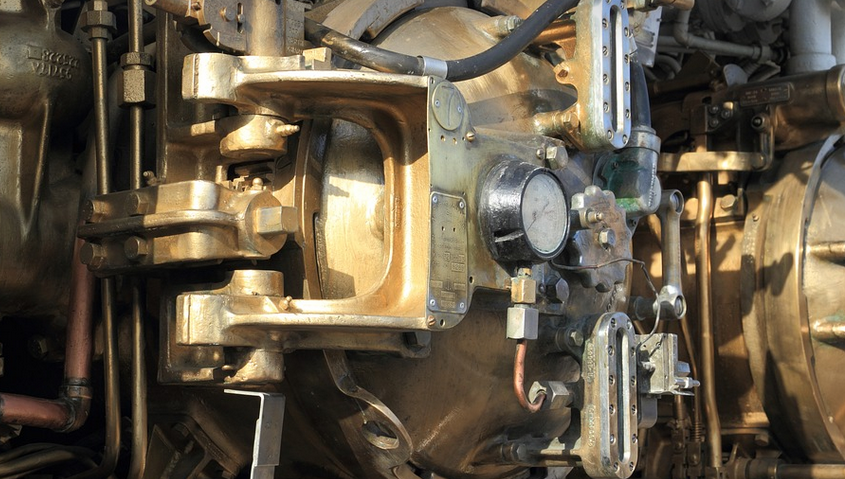What are Air Force Accident Investigation Boards?
The U.S. Air Force employs a dedicated system of investigation boards to delve into the complex world of aviation accidents and incidents. These boards, officially known as “Accident Investigation Boards,” are tasked with analyzing events that have resulted in damage, injuries, or loss of life. Their primary objective is not simply to determine what occurred but to identify the root causes of these mishaps. This goes beyond a superficial glance – they want to understand why accidents happen and how they can be prevented in the future.
These boards are composed of expert professionals from various fields. They bring together aviation specialists, engineers, accident reconstructionists, medical personnel, and even legal experts. Their diverse skill sets allow them to approach complex scenarios with a combination of technical knowledge and human understanding.
Why are Accident Investigation Boards Important?
The importance of these boards is multifaceted. Their investigations play a crucial role in ensuring safety across the entire U.S. Air Force. Here’s why:
- **Preventing Future Accidents:** By identifying recurring issues, contributing factors, and potential vulnerabilities within aircraft systems, maintenance procedures, or pilot training, these boards can help prevent similar incidents from occurring in the future.
- **Sharing Learning Opportunities:** The findings of the investigations are shared with relevant departments across the Air Force to address safety concerns effectively. This knowledge sharing ensures that protocols and procedures are updated and enforced.
- **Accountability and Transparency:** The investigative process holds individuals accountable for their actions, if necessary. It also fosters a culture of transparency by publicly releasing reports and recommendations to the public, building trust in the safety initiatives.
- **Building Confidence:** When organizations like the Air Force can demonstrate a commitment to thorough investigation and corrective action, it builds public confidence in their overall safety record and operational efficacy.
How are Accident Investigation Boards Conducted?
The process of an accident investigation board is detailed and systematic:
- **Immediate Response:** Following an incident, the board quickly forms a preliminary team to secure the scene and collect basic information. This includes documenting damage, recording eyewitness accounts, and gathering relevant data from flight recorders (black boxes).
- **Thorough Analysis:** Once the initial assessment is complete, more specialized teams are brought in – engineers, mechanics, pathologists, legal experts – these professionals delve into the technical aspects of the investigation.
- **Evidence Collection and Analysis:** The entire investigative process involves meticulous attention to detail. Evidence may include flight logs, crew member interviews, maintenance records, weather data, radar reports, and even damage analysis from specialists.
- **Cause Determination:** Investigators meticulously analyze the evidence and attempt to determine the ultimate cause of the accident. This often involves a combination of technical expertise, human factors analysis, and an understanding of aviation regulations.
- **Report Generation:** Once the investigation concludes, a comprehensive report is drafted detailing all findings, recommendations for corrective action, and potential changes to protocols or procedures.
What are the Benefits of Understanding Accident Investigation Board Reports?
Understanding accident investigation board reports offers a wealth of benefits.
- **Public Safety:** By understanding the factors that led to an incident, organizations can make proactive adjustments and implement new safety measures. This leads to less risk for future accidents.
- **Improved Aviation Practices:** The reports provide valuable insights into aviation practices, leading to improvements in aircraft maintenance procedures, pilot training programs, and regulatory compliance.
- **Increased Accountability:** These investigations often reveal the role of individuals or departments in contributing to accidents. This can lead to a culture of accountability within the Air Force.
Where Can I Find Accident Investigation Board Reports?
The reports are publicly available, although access may vary depending on the incident and specific information requested.
- **Air Force Websites:** The Air Force website often features a section dedicated to accident investigation board reports. You can usually find links to the detailed reports.
- **Aviation Safety Organizations:** Organizations like the National Transportation Safety Board (NTSB) and the Federal Aviation Administration (FAA) collect data from aviation accidents, including information from Air Force boards.
The Importance of a Culture of Safety
Ultimately, accident investigation board reports serve as key components within a larger landscape of safety efforts in the U.S. Air Force. A robust culture of safety thrives not only on the strength of these investigations but also on the commitment to ongoing improvement and the implementation of preventative measures.



